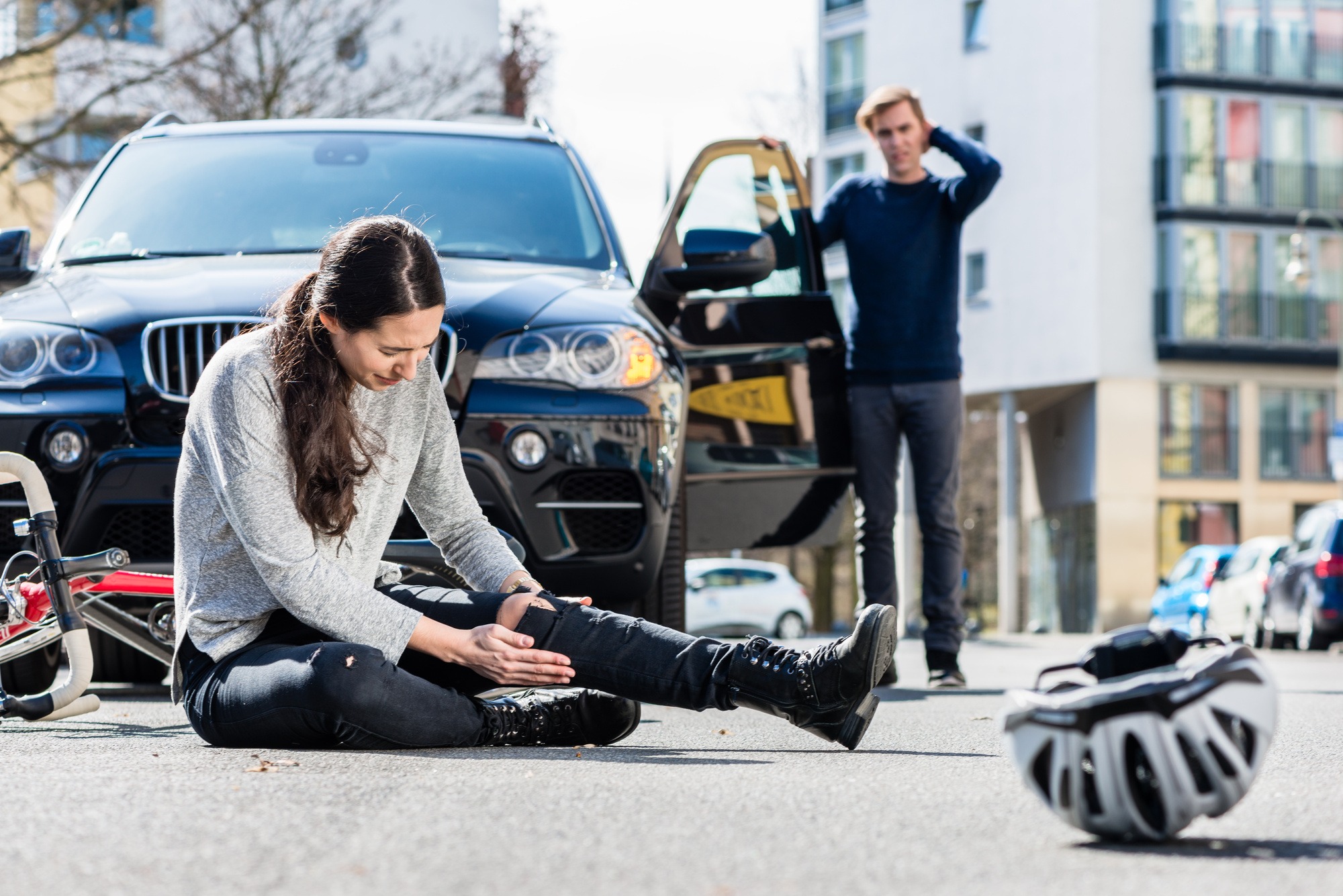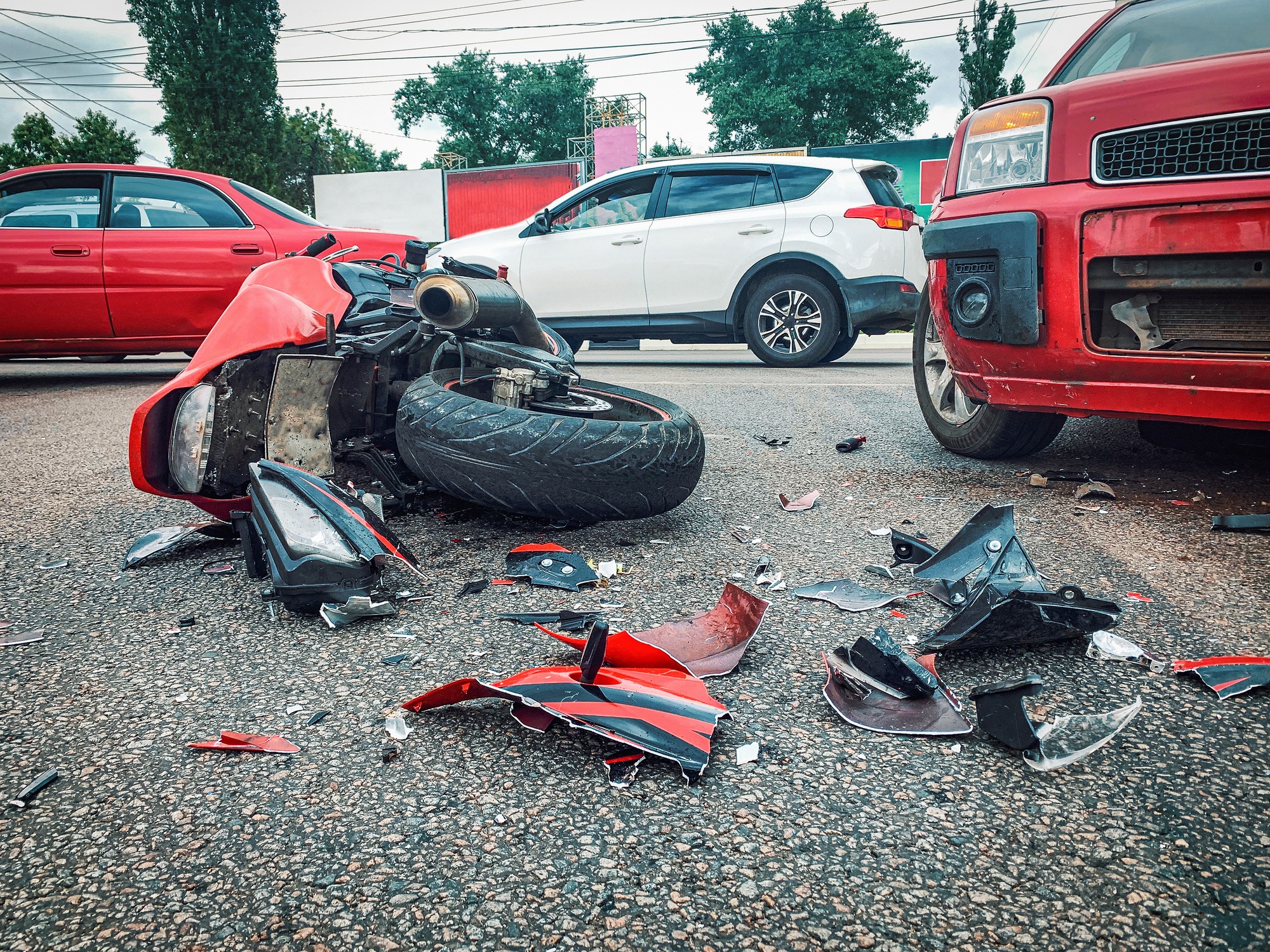
Using the road as a car driver, motorcyclist, or bicyclist is always risky. There’s always the danger of being involved in an accident. Millions of lives are cut short yearly, and others are maimed due to road traffic accidents. Being involved in an accident can be harrowing, especially if you’re the party at fault.
An accident can confuse all parties involved regardless of who’s to blame. However, at this time, you must focus on doing things correctly. Motorcycle accidents tend to lead when it comes to road accidents. In this case, contacting a lawyer is your best route as they’ll guide you on what to do if you experienced a fatal motorcycle accident or your loved one.
Even if you’re responsible for an accident, you still have rights. Taking proper steps after the accident will protect your legal and financial interests as the at-fault party.
Here’s what to do in the unfortunate event that you cause an accident:
Stop Immediately
When you’re involved in an accident, try to stay calm. Even if tempted to, you should only leave the accident scene after the police officers investigate and file a report. Fleeing from the scene will only escalate the issue. You’ll face arrest, and the law can charge you with a hit-and-run criminal offense. Additionally, you might also face a civil suit when you do so.
Stopping enables you to secure the scene and ascertain if there are injured people. That way, you can call for help. Staying focused will allow you to think clearly about your next move.
Don’t talk unnecessarily, verbally claim responsibility, apologize, or get into an argument about who’s to blame. Let the police or insurance company decide that after investigations.
Report The Accident
Whether the accident is a minor fender-bender or a major collision, report the occurrence immediately. When first responders arrive at the accident scene, they will ask questions. Stay courteous but cautious when answering the questions. Give a basic account of the events without implicating yourself. Anything you say can be used as evidence against you in court.
Ensure that you get a copy of the police report because it contains vital information you’ll need when defending yourself.
Gather Information
While still at the accident scene, gather as much information as possible. Secure the scene by taking photos of your car and every car, motorcycle, or bicycle involved, paying attention to damaged areas. Capture metal, glass, debris, paint, or skid marks on the road.
Take pictures of road signs, buildings, and any landmark identifying the area. Document details like the date and time of the accident, weather conditions, traffic flow, and driving speed when the accident occurred.
Obtain the other driver’s details, such as their names, license numbers, and telephone numbers. Getting the contact information of witnesses at the scene will also be crucial for their unbiased account. Documenting the accident will help you in your defense.
Notify Your Insurance
Inform your insurance of the accident as soon as possible. Besides being your contractual obligation, reporting the incident is your protection for coverage. Regardless of whether you believe the accident was your fault or not or if there are or aren’t any visible injuries or damage, contact your insurer immediately. What follows will depend on whether the other parties file a claim.
Your insurance carrier must defend you and take care of any claims brought against you. However, your options will depend on your policy’s terms, your state, or where the accident happened. Failure to report the accident can lead to canceling your policy, leaving you with the burden of shouldering the claim out of pocket.

Get A Lawyer
If the other parties sue, and your insurance company is not defending you, consider hiring an experienced lawyer specializing in personal injury defense or car accidents. Your lawyer will guide you through the process, make the appropriate legal decisions on your behalf, and help protect your rights.
Personal injury defense lawyers defend their clients for a living.They are experts in the law and will do all they can to protect you. Cases that lawyers defend tend to get better results.
Conclusion
As the at-fault party in an accident, you’ll be liable to pay for damages incurred by the other parties involved. They include medical expenses, vehicle damage, lost wages, and pain and suffering. In many instances, the insurance will cover the damages if you’re insured.
However, if the claim exceeds your coverage, you’ll shoulder the difference out of pocket. This usually happens in situations where the injuries or damages are substantial. Following this quick guide after an accident can help mitigate your liability.
Hey welcome to my blog . I am a modern women who love to share any tips on lifestyle, health, travel. Hope you join me in this journey!

Speak Your Mind